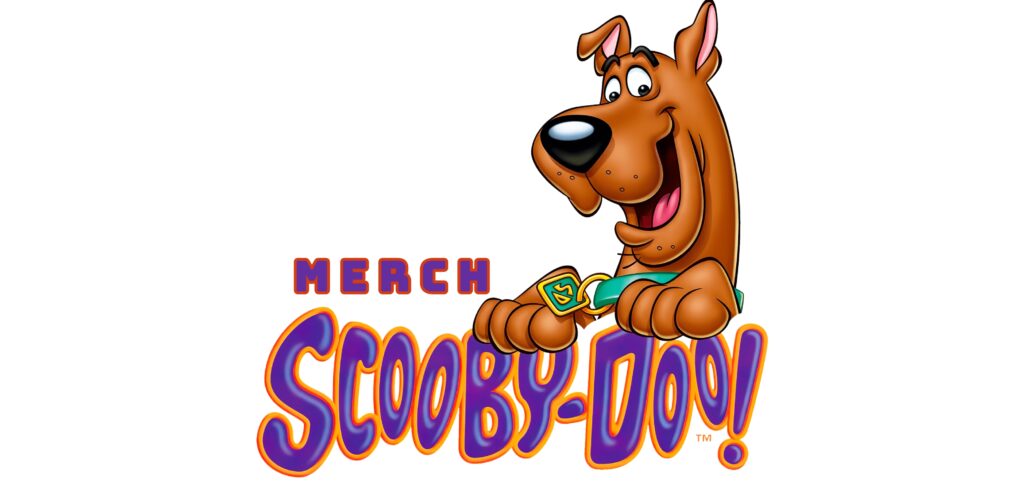Why Scooby-Doo Is Successful: 5 Key Reasons Behind Its Enduring Popularity
Since its debut in 1969, Scooby-Doo has become one of the most beloved animated franchises in the world. The show, created by Joe Ruby and Ken Spears, follows a group of teenagers and their talking Great Dane, Scooby-Doo, as they solve mysteries involving seemingly supernatural creatures. With its blend of humor, adventure, and mystery-solving, Scooby-Doo has evolved over the decades into a multi-platform franchise, including TV shows, movies, comic books, and merchandise. Despite being in the public eye for over 50 years, the Scooby-Doo franchise remains as relevant and popular as ever. In this article, we will explore five key reasons behind Scooby-Doo’s enduring success.
Timeless Formula of Mystery and Adventure
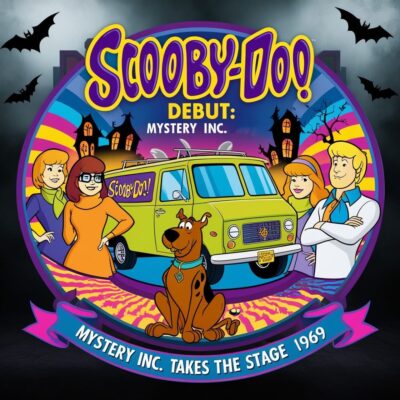
At the heart of Scooby-Doo’s appeal is its simple yet effective formula: a group of teenagers and their dog solving mysteries. The premise is straightforward but provides endless possibilities for engaging storytelling. Each episode typically follows a familiar structure: the gang encounters a mystery involving a monster, ghost, or supernatural creature, and they work together to solve it. Despite the show’s many iterations over the years, this core formula has remained a key element in its continued success.
The mystery and adventure genre has timeless appeal, as it keeps viewers on the edge of their seats while offering the thrill of solving a problem alongside the characters. The structure allows for new and unique challenges in each episode, with creative settings ranging from haunted mansions to creepy caves, all while keeping the supernatural elements grounded in the humorous twist that the “monster” is always a human in disguise. This perfect blend of tension and humor helps Scooby-Doo maintain a balance that appeals to both children and adults.
Moreover, the mystery-solving aspect encourages viewers to think critically and pay attention to clues, making the show engaging and interactive. The ever-changing scenarios, from haunted amusement parks to spooky island adventures, keep the show fresh and intriguing for long-time fans and new generations alike.
Iconic Characters and Their Dynamic Relationships
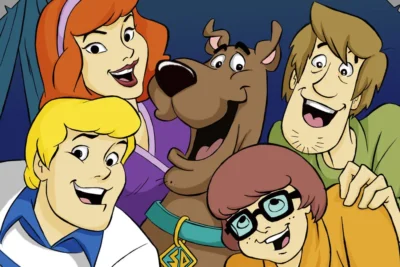
Another key to Scooby-Doo‘s success is its iconic and diverse cast of characters. Each member of the Mystery Inc. gang brings a unique personality that complements the others, creating a dynamic team that viewers enjoy watching.
- Scooby-Doo: The lovable and cowardly Great Dane is the star of the show. His antics, misunderstandings, and comic relief are a major part of the franchise’s charm. Despite his fear of monsters, Scooby-Doo’s bravery often shines through when he and his friends need to save the day, making him a heroic yet humorous character that audiences can relate to.
- Shaggy Rogers: Scooby’s best friend and owner, Shaggy is known for his insatiable appetite and his skittish nature. His friendship with Scooby is central to the show, and their comedic partnership is one of the main attractions of the series. Shaggy and Scooby’s mutual fear of monsters, combined with their unlikely courage when pushed to act, creates much of the humor and warmth in the show.
- Fred Jones: The leader of the group, Fred is intelligent and resourceful, often devising the plans to catch the villains. While he is brave and confident, Fred’s role as the serious figure in the group contrasts well with the more laid-back personalities of Scooby and Shaggy.
- Daphne Blake: The fashion-conscious and occasionally ditzy character, Daphne has evolved throughout the series. Over time, she’s been portrayed as more independent and capable, often contributing significantly to solving mysteries and even getting herself out of sticky situations.
- Velma Dinkley: The brains of the operation, Velma is logical, scientific, and often the first to discover important clues. Her catchphrase, “Jinkies!” has become synonymous with her character, and she provides the essential intellectual element to the team’s efforts.
The gang’s complementary personalities create a well-balanced dynamic that resonates with viewers. The camaraderie, friendship, and occasional bickering between the characters offer both humor and warmth, making it easy for fans to connect with them over the years. Their relationships serve as the foundation of the show’s appeal, and the chemistry among the characters is one of the main reasons the franchise has endured.
Appealing to Multiple Generations
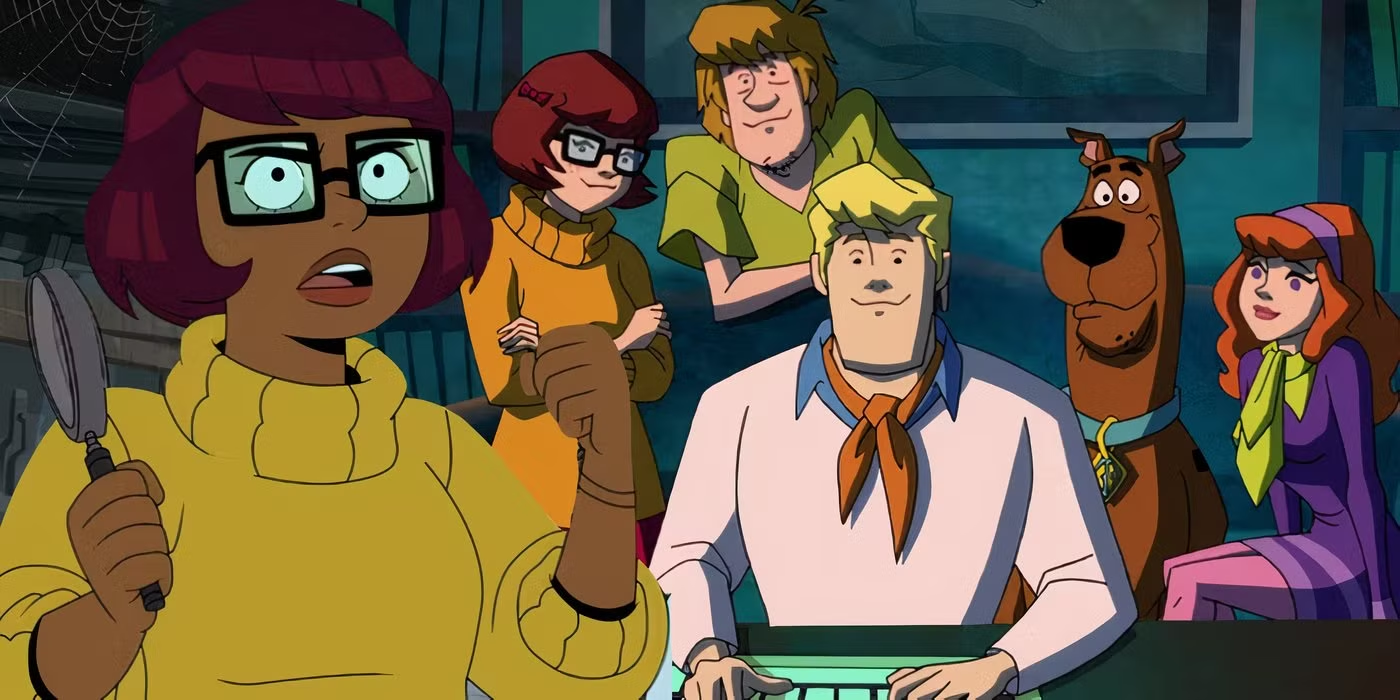
One of the remarkable aspects of Scooby-Doo is its ability to appeal to multiple generations. The series first aired in 1969, but over the years, it has consistently adapted to suit the tastes and interests of younger audiences while retaining its original charm. The show’s mix of humor, adventure, and light mystery is something that resonates across age groups.
For children, Scooby-Doo offers entertaining plots and characters that are easy to follow. The mystery-solving structure and colorful animation make it exciting for younger viewers. Meanwhile, the show’s subtle humor and pop culture references often fly over the heads of children but provide an extra layer of entertainment for older audiences.
As the show has evolved, Scooby-Doo has embraced modern trends, with newer adaptations incorporating updated technology, references to current events, and even guest appearances from celebrities. However, the heart of the series—the group’s dedication to solving mysteries together—has remained unchanged. This ability to balance both old-school charm and modern relevance is one reason why Scooby-Doo has remained so successful.
Versatility Across Different Formats
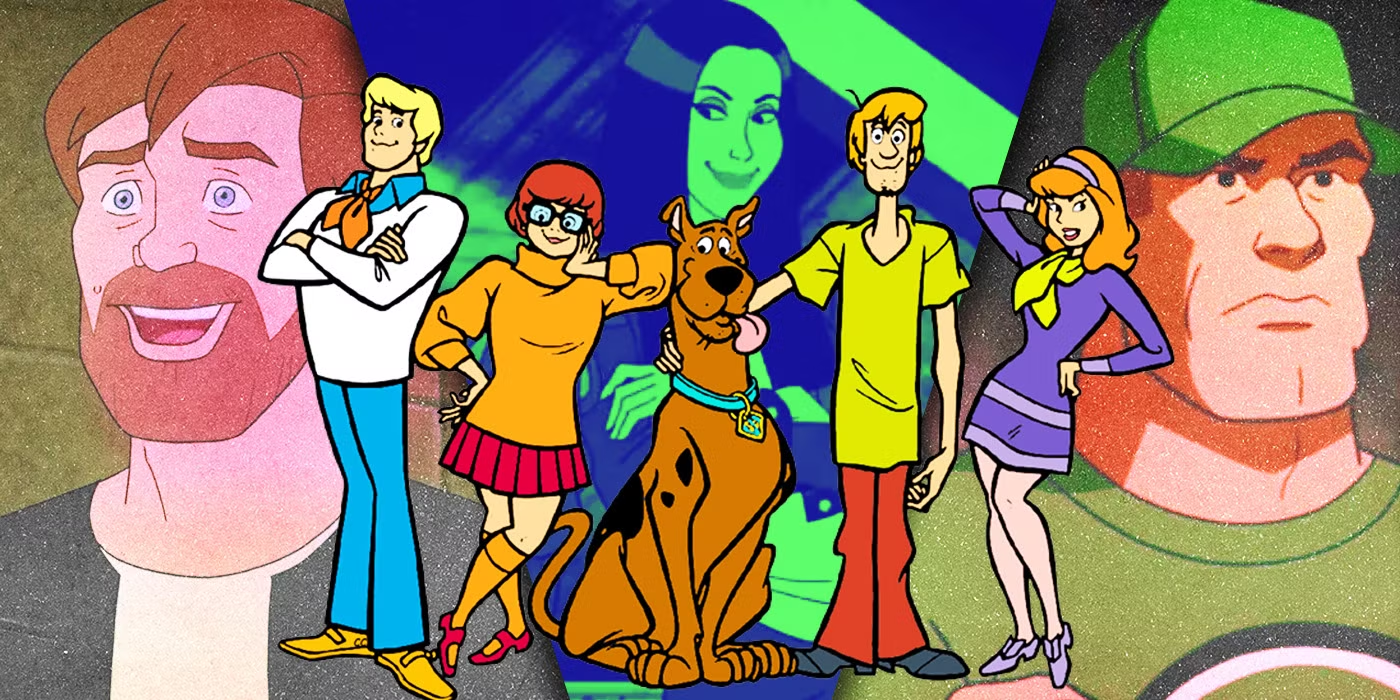
Another reason for the long-lasting success of Scooby-Doo is its versatility. While the franchise began as a TV series, it has expanded into various forms of media, including movies, comic books, video games, and even stage performances. This adaptability has allowed Scooby-Doo to reach new audiences and stay fresh over the years.
The Scooby-Doo movies, such as Scooby-Doo on Zombie Island (1998) and Scooby-Doo! The Mystery Begins (2009), have been especially successful, often bringing a darker or more thrilling twist to the familiar formula. Additionally, the franchise has expanded into live-action films, with the 2002 and 2004 movies further increasing its visibility among a new generation of fans.
Furthermore, Scooby-Doo has been featured in countless comic book series, with stories taking the gang to new locations and new mysteries to solve. The franchise has even branched out into video games, mobile apps, and merchandise, all of which contribute to keeping the brand relevant and accessible.
By consistently diversifying and adapting to new platforms, Scooby-Doo has ensured its continued success across generations and mediums.
Nostalgia and Cultural Impact
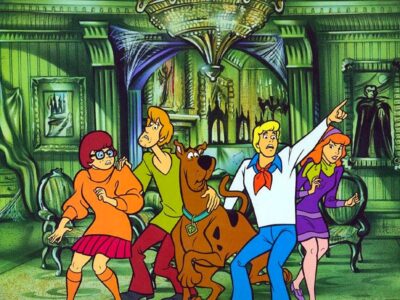
Finally, Scooby-Doo has a significant cultural impact that keeps it embedded in popular culture. For many fans, the show holds a nostalgic value, as it was a part of their childhood. The memorable theme song, iconic catchphrases like “Jinkies!” and “Zoinks!”, and the signature sound of Scooby’s laugh have become cultural touchstones.
Scooby-Doo has also influenced countless other shows, films, and forms of media. It has inspired spin-offs, parodies, and references in various TV shows and films, cementing its place as one of the most iconic animated series of all time. The lasting impression that Scooby-Doo has made on popular culture is undeniable, and it continues to be referenced in contemporary media.
As long as fans continue to fondly remember the series and introduce it to new generations, the cultural legacy of Scooby-Doo will only grow stronger. The franchise’s ability to evoke nostalgia while remaining relevant to contemporary audiences is one of the key reasons behind its continued success.
In conclusion, Scooby-Doo has remained a beloved franchise for over five decades due to a combination of timeless mystery-solving formulas, iconic characters, generational appeal, versatility, and cultural impact. The show’s ability to evolve while retaining its core elements has kept it fresh and relevant for new audiences. Its lasting success can be attributed to the enduring charm of the Mystery Inc. gang, the simple yet effective narrative structure, and the way the series has adapted to changing media landscapes.
With its blend of humor, adventure, and heart, Scooby-Doo continues to capture the imaginations of viewers, proving that mystery and friendship are timeless ingredients for success.
